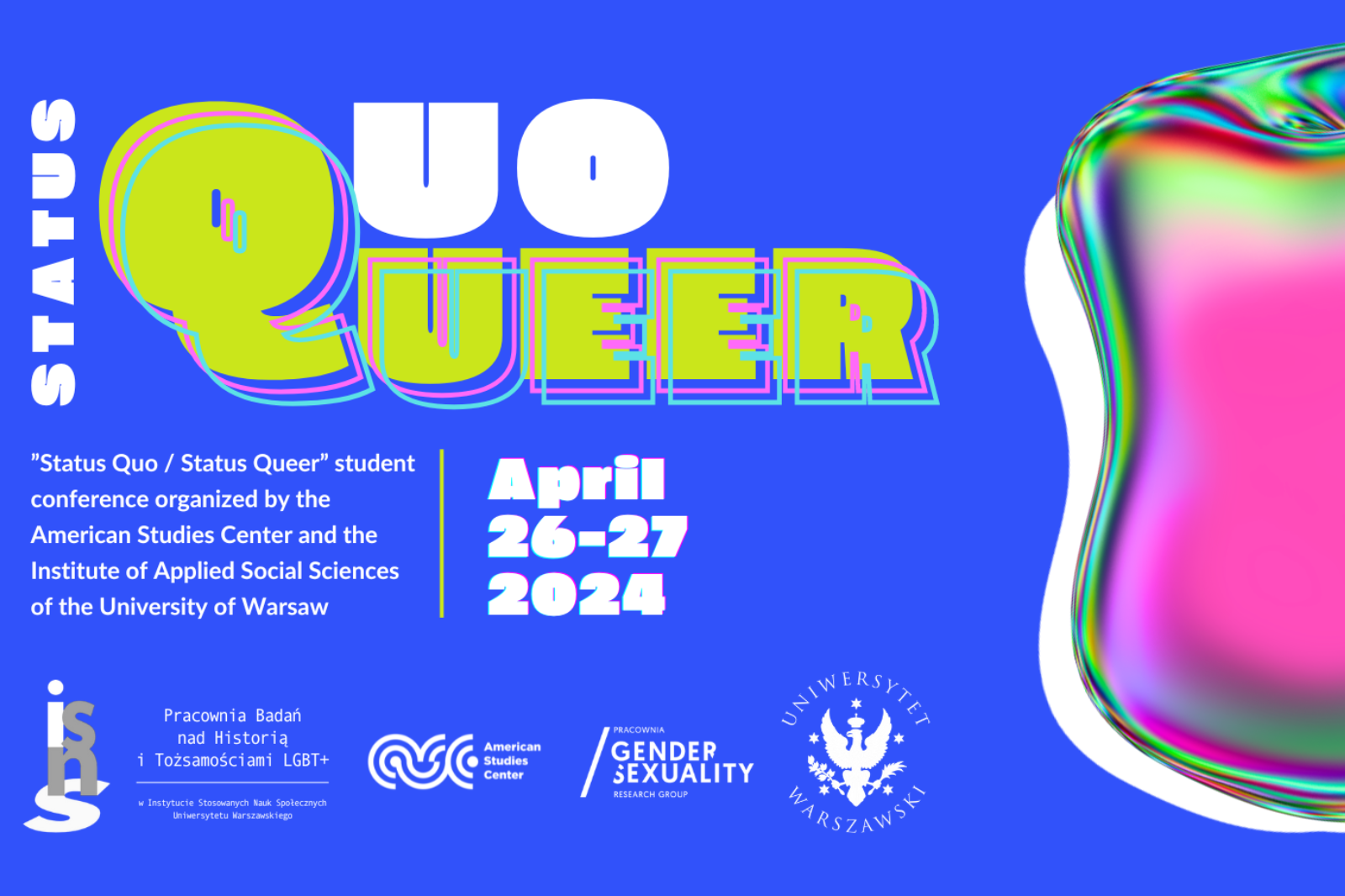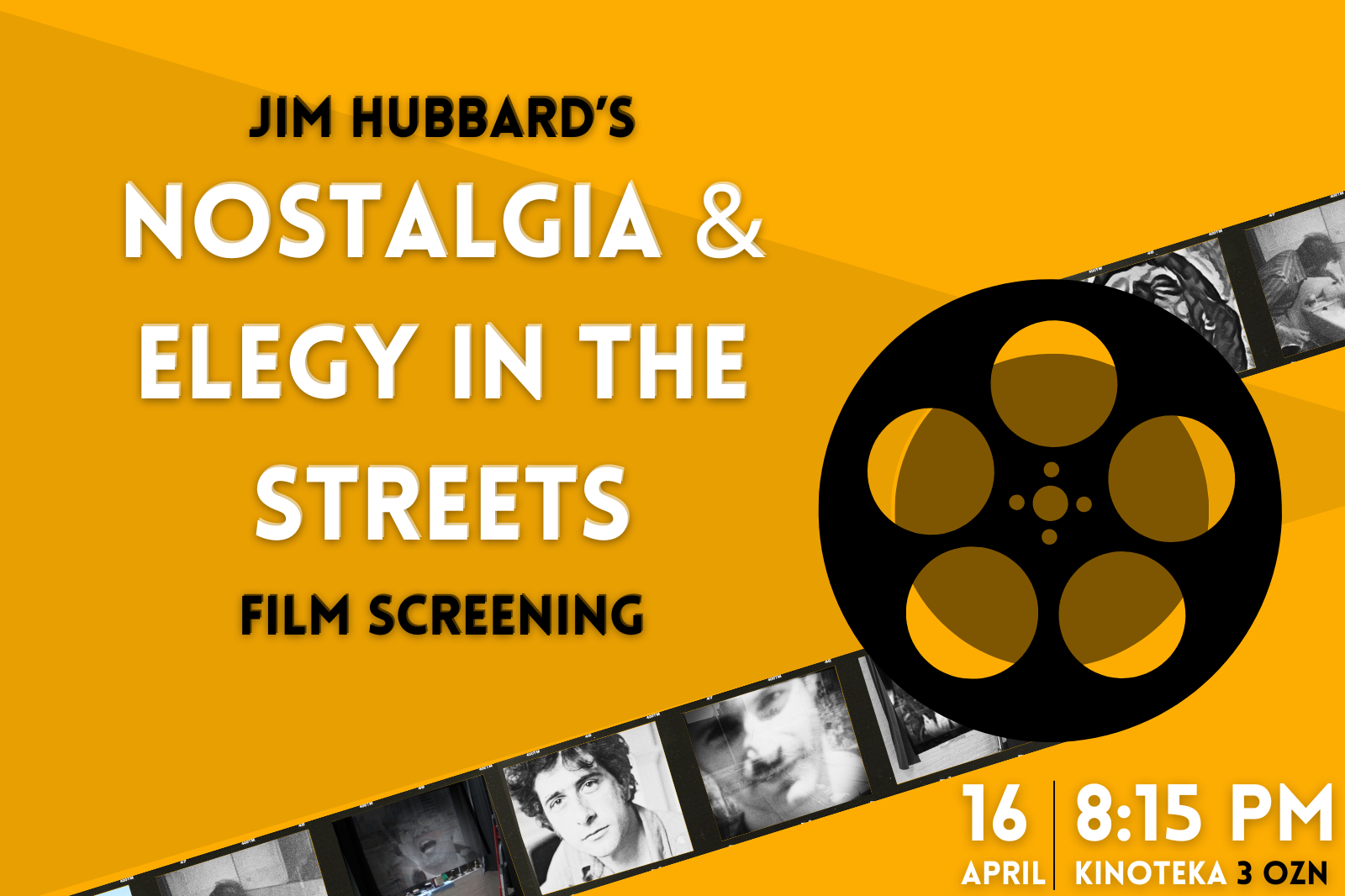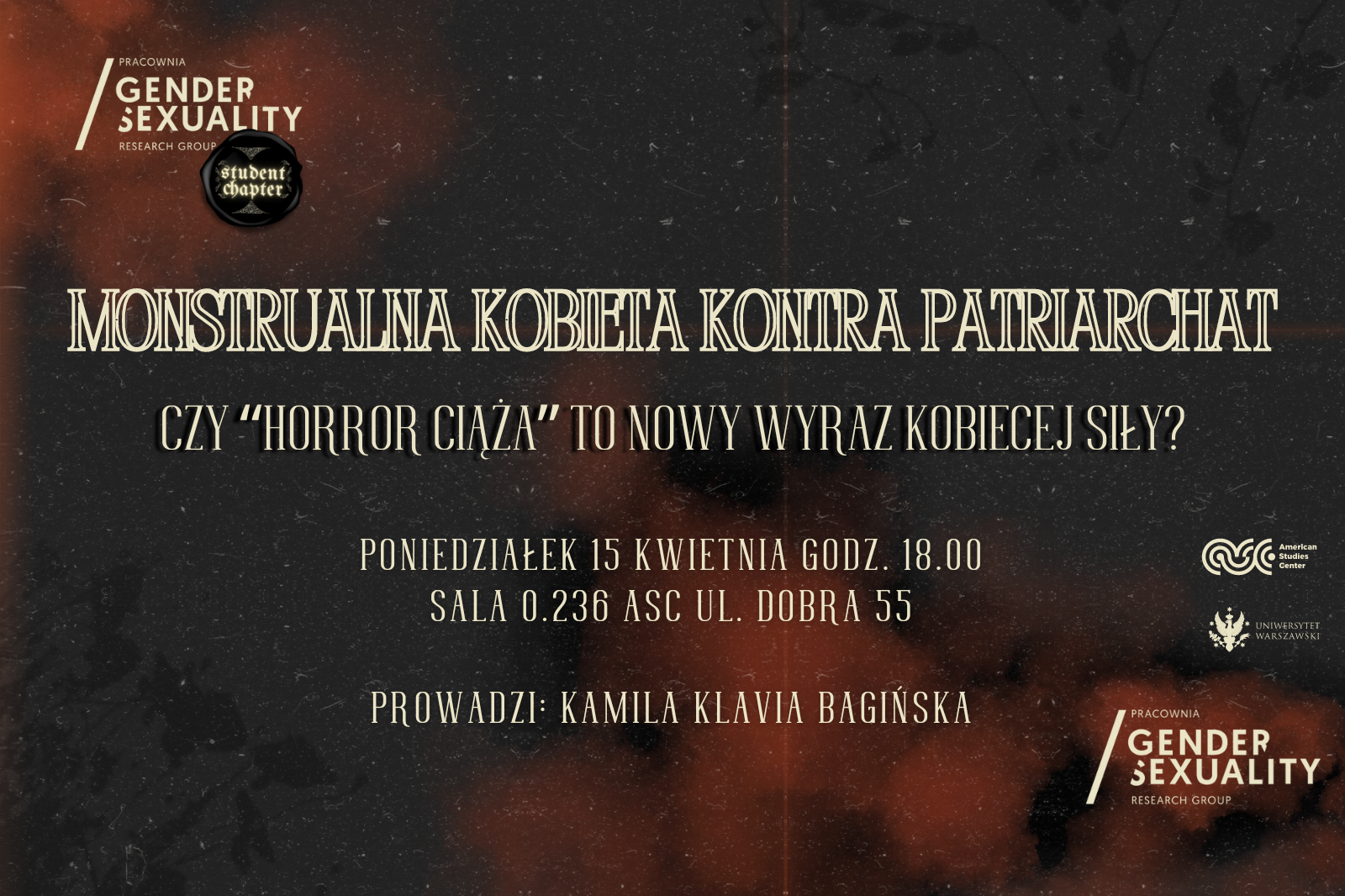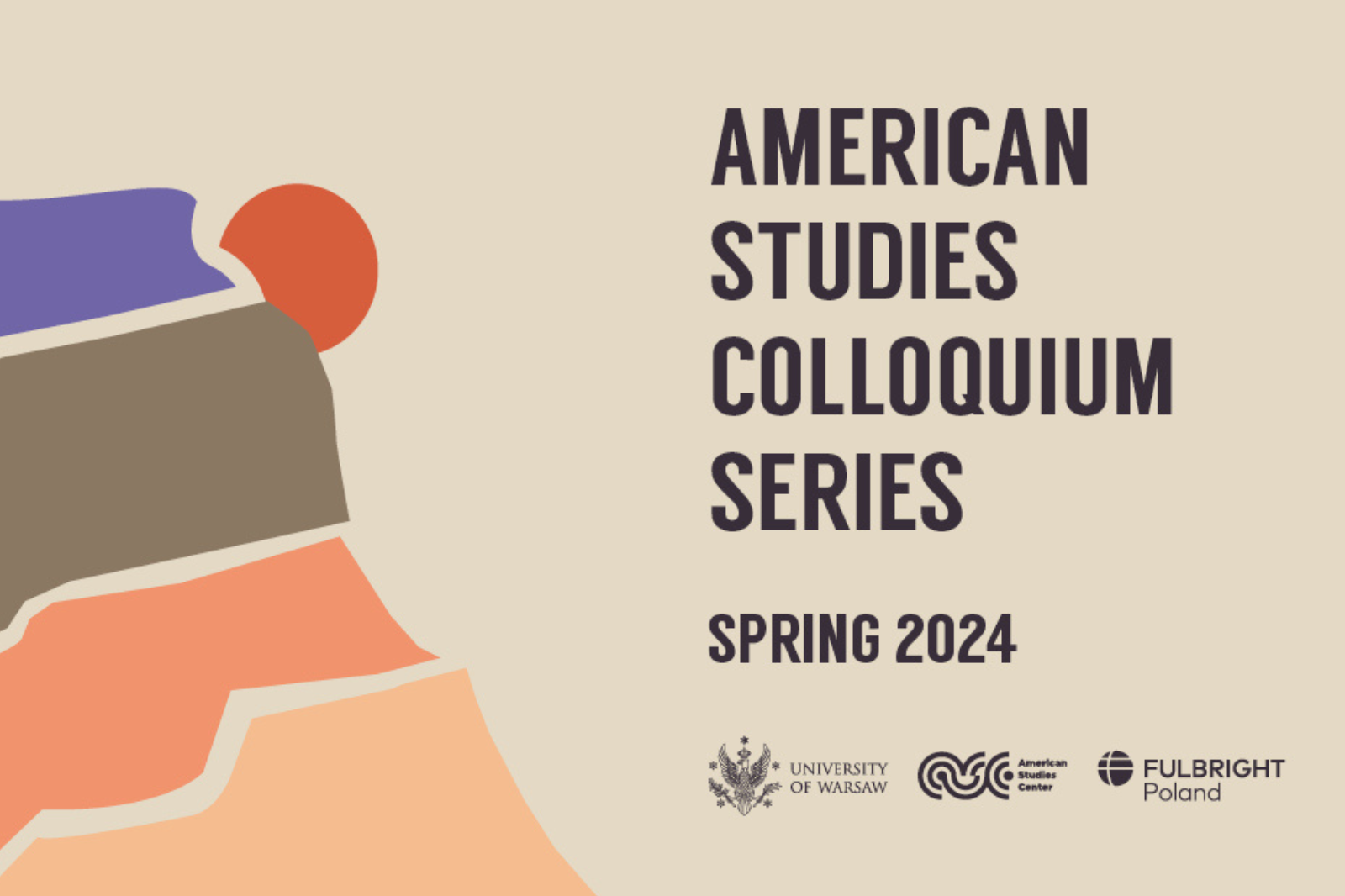ASC research group Debates on Development in Latin American and the
Caribbean is pleased to announce an open lecture by
Aleksandra Lis
(Adam Mickiewicz University in Poznań)
Renewable Energy Eources as Eocio-technical Projects –
Searching for Contexts and Meanings in Poland and Argentina
You can get 3 OZN for participating in this event!
Thursday, January 23, 2020
at 5:00 pm
Where?
American Studies Center, room 317,
al. Niepodległości 22, Warsaw.
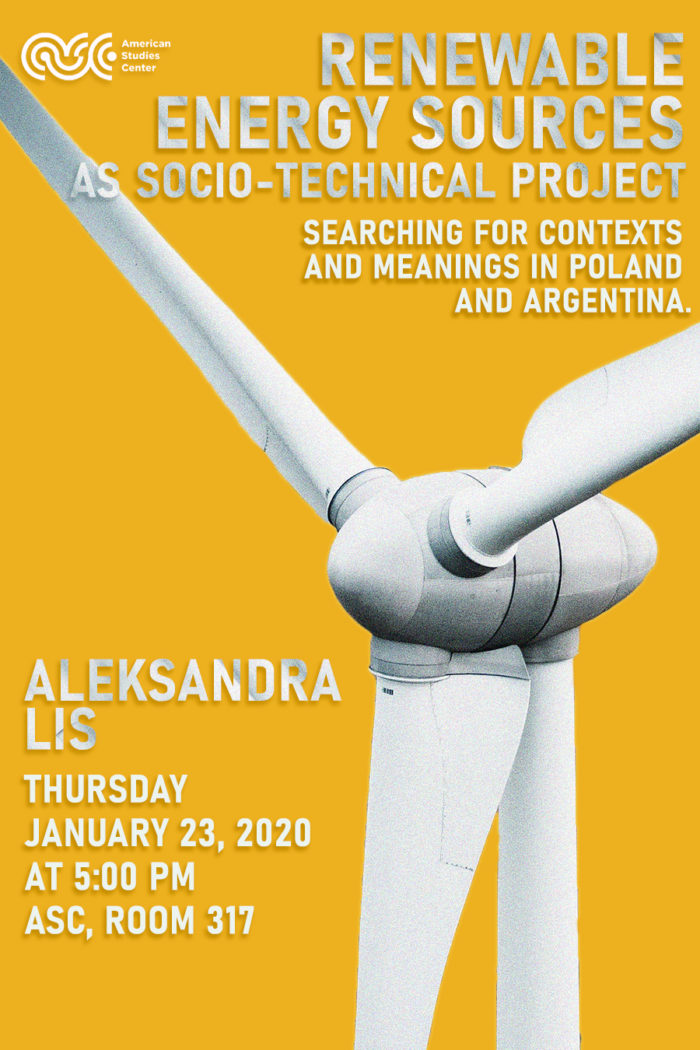
What?
More and more countries, regions, communities and companies worldwide are looking for alternative methods of power generation, other than based on fossil fuels. Power generation tends to be associated with natural sciences and engineering, which directly contribute to the development of new technologies, however, it also has very important social aspects, such as the political and social organization of making energy infrastructures, of gaining access to different fuels, the meaning of these practices and technologies for communities, nations, companies and for relations of power, which are either reproduced or subverted when energy is produced in a new way. These social aspects of energy production and consumption occupy such disciplines as anthropology and social studies of science and technology (STS). Thus, the aim of the project is to develop a theoretical and a methodological approach to social studies of (1) how new socio-technical infrastructures for electric energy production and consumption are made by actors differently positioned towards markets and state institutions, (2) what the meaning of electric energy is for different actors involved in the making of these infrastructures and how it may change (3) how these new infrastructures are positioned towards markets and states in terms of power relations and various types of dependencies. During the lecture, doctor Aleksandra Lis will present research plan for her fieldwork in Argentina. She will outline the main research questions and theoretical perspectives and present a potential locality for ethnographic research.
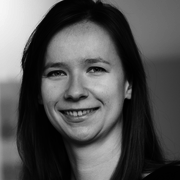
Who?
Aleksandra Lis works as an Associate Professor at the Adam Mickiewicz University in Poznań, Poland. She holds a PhD degree from the Central European University in Budapest and worked as a research fellow at various research institutions and think tanks.
Among them were: Center for Science, Technology, Medicine & Society at the UC Berkeley, Center on Organizational Innovation at the Columbia University in NYC, Institute for Advanced Studies in Science Technology and Society at TU Graz, Agora Energiewende in Berlin and Max Planck Institute for the Study of Society in Cologne. She has led several research projects on climate and energy politics, and new Energy technologies funded by the National Science Centre, European Commission and the Polish-German Science Foundation, and published in international journals: Energy Research & Social Science, Environmental Politics, Science and Public Policy.

